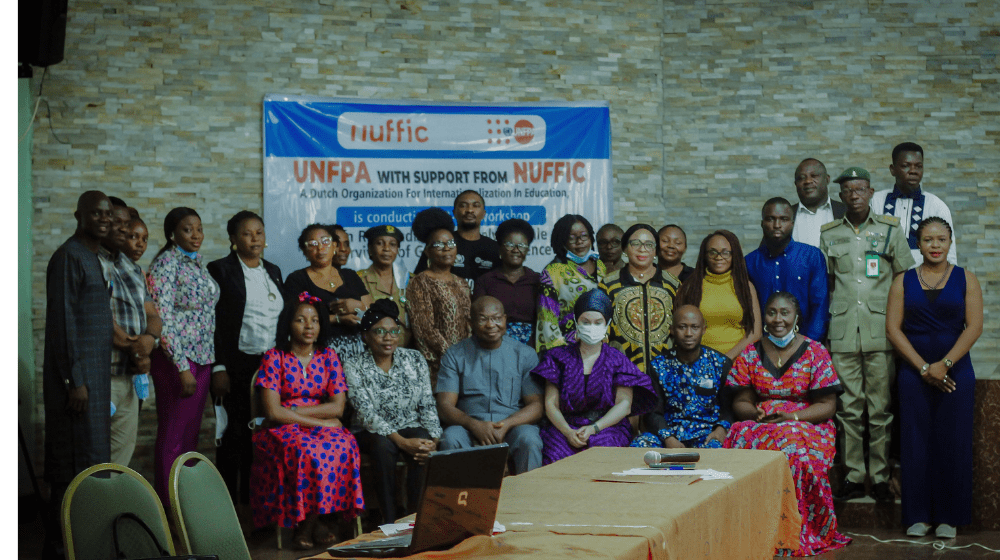The impacts of GBV are significant and wide-ranging. They affect not only women and girls but also men and adolescent boys. Therefore, there is an increased need for greater awareness of GBV against men and boys for service providers to meet their obligations to all survivors. Male survivors of violence are often viewed as "perpetrators" or potential perpetrators, and society views any victimizations they experience as being at least partially their fault. Men and boys are the least forthcoming about GBV risks. They face and endure stigma and shame that tends to keep them from disclosing incidents of violence and the physical and emotional consequences. Male survivors have specific needs regarding treatment, care and support. Therefore, service providers would be able to offer survivor-centred care, non-stigmatizing and non-discriminatory.
From 13th -14th September 2022, the UNFPA Cross River Sub-office based in Calabar organized a two-day capacity-building workshop with a total of 30 persons, 22 females and 8 males. The goal of the training was to improve the knowledge of GBV actors, like government and civil society organizations and actors working in the development and humanitarian settings. It also aimed to equip them with hands-on tools to respond male survivors of GBV more effectively.
The different sessions facilitated the acquisition of knowledge among participating GBV actors on how to respond effectively to male survivors, including refugees. As a result, the participants better understood the myths around GBV among men and boys. They identified the contributing and predisposing factors of men and boys to GBV. The participants discussed the barriers that male survivors face in accessing services and the potential impacts of GBV on men and boys. The session provided referral points within the communities where male survivors can access care and support. Further still, participants also familiarized themselves with the legal instruments protecting men's and boys' rights.
The members agreed to establish a trusted referral network to ensure that male survivors are not exposed to additional physical and emotional violence when seeking services.
The participants did a pre and post-test to evaluate the knowledge gained. The results revealed that the average percentage increase in knowledge score was 31%, proving the need for the workshop and its success.
The workshop was organized with funding from the Dutch Ministry of Foreign Affairs.


